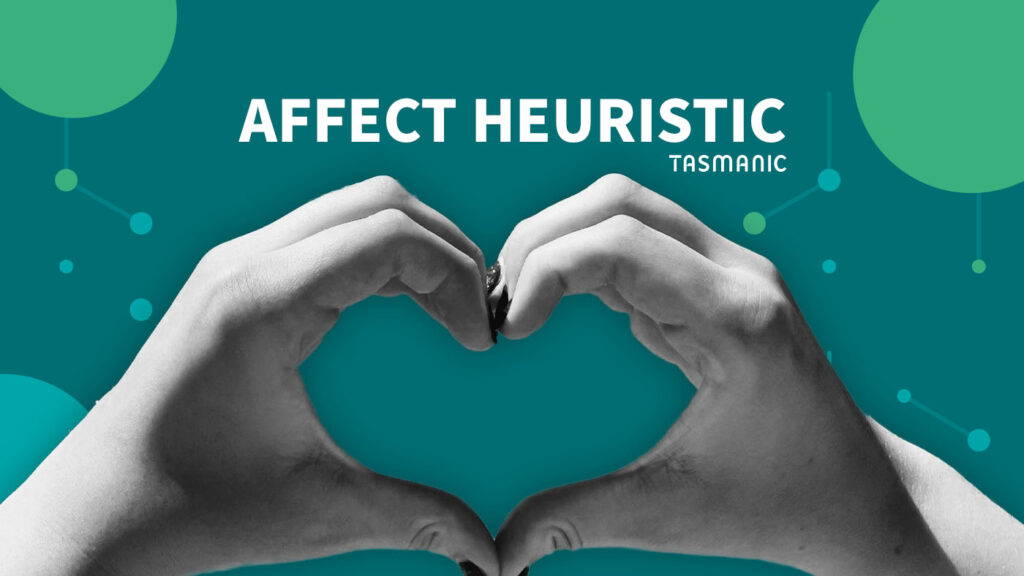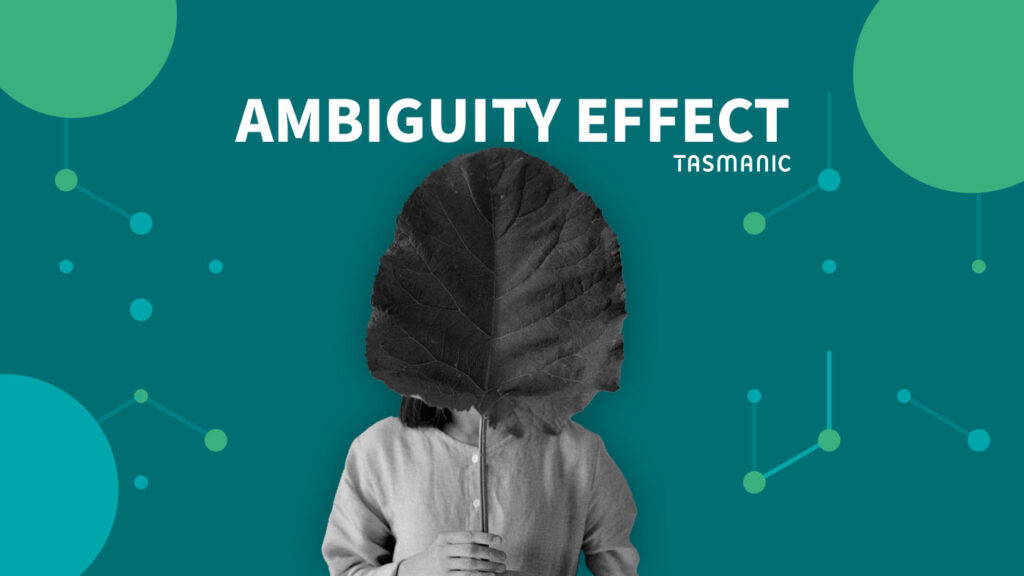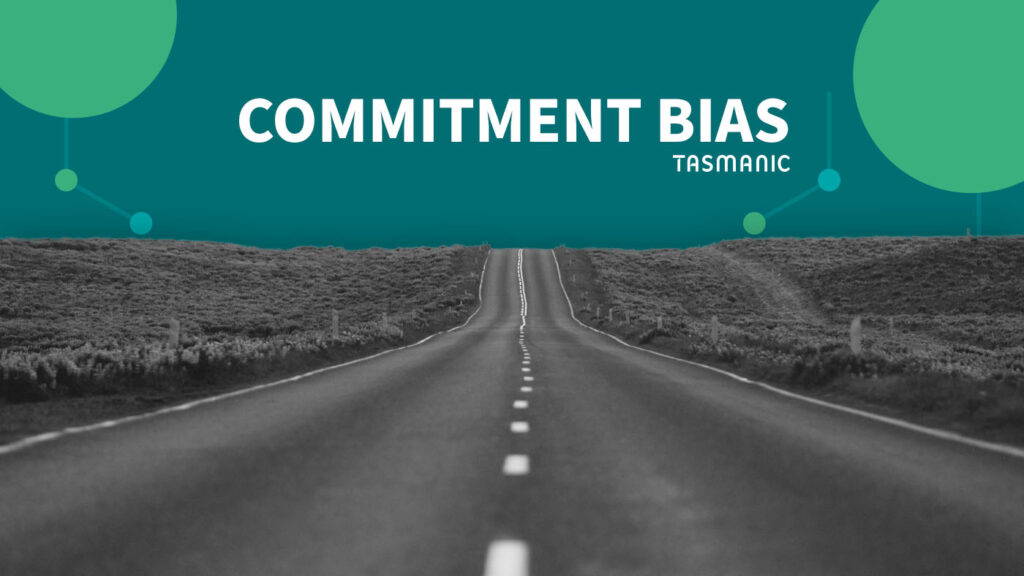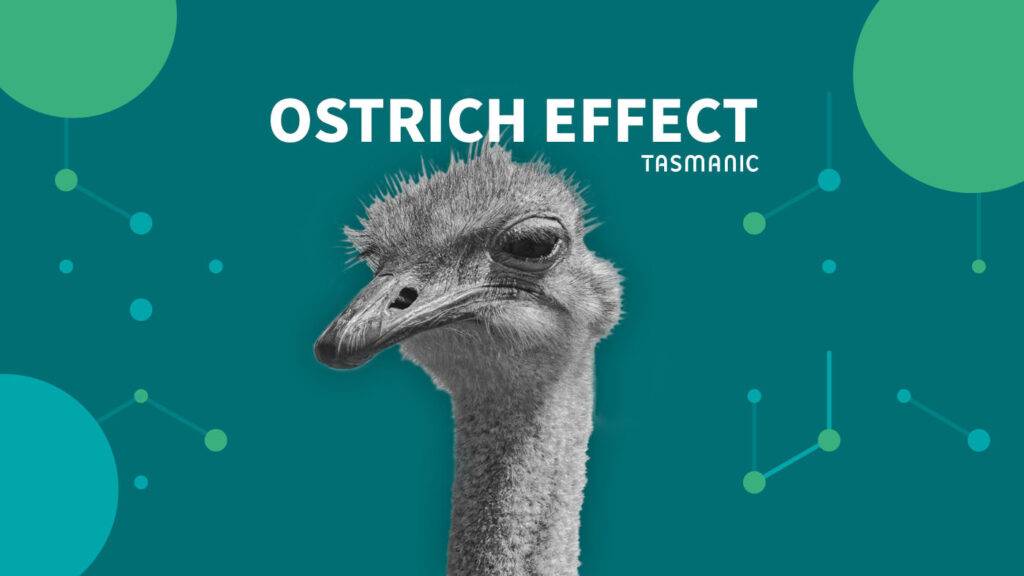
Introduction
Do you think AI won't have that much of an impact? Nobel laureate Paul Krugman said in 1998, "By 2005 or so, it will become clear that the Internet's impact on the economy has been no greater than the fax machine's."
Ostrich behavior is not wise but it is a very natural reaction in the face of conflict, tension or uncertainty. Krugman's statement illustrates how ignoring potentially important information can harm a company through a lack of preparation for changing market conditions. In this article, we discuss the definition of the Ostrich effect, real-world examples and how you can benefit from it as an entrepreneur.
What is the ostrich effect?
When you suffer from the ostrich effect, you prefer to ignore negative information, including feedback and constructive criticism. You prefer not to know about it, even if you could benefit from it in the future (Galai & Sade, 2005).
Instead of making the best of it, we stick our heads in the sand, like ostriches (fable by the way). In doing so, we often make the situation worse. We prefer to be optimistic and dismiss pessimistic information (Lovallo & Kahneman, 2003).
How does the ostrich effect occur?
Sometimes a situation is so complex or overwhelming that you would rather ignore the entire situation than confront it. Consider climate change, for example, but even on a smaller scale, a problem can be too big to overlook. Key contributing factors:
- Avoidance of loss: Humans have a natural tendency to avoid loss. This is because the pain we feel from a loss is much greater than the pleasure we get from a gain. When faced with potentially threatening or negative information, it may seem easier to ignore it rather than deal with it. Therefore, we prefer positive information (Ackerman, 2019) rather than negative emotions (Chang, Webb & Benn, 2017).
- Cognitive dissonance: This is the discomfort people experience when confronted with information that conflicts with their beliefs or expectations. To reduce this cognitive dissonance, people may choose to ignore information that challenges their beliefs. In addition, we want to protect our ego. We like to have a positive self-image. We zoom in on our successes and minimize the impact of our failures, even if it is not real (Carlson, 2013). So even if we know we are not very good at something, we still do not like to see this confirmed by negative feedback, for example (Zuckerman, Brown, Fischler, Fox, Lathin & Minasian, 1979).
- Limited attention: People have limited attention capacity. They may tend to focus on information that has immediate or obvious implications, while avoiding more complex or less immediate information.
For an entrepreneur and his business, this can have major long-term consequences.
Examples of the ostrich effect in practice
Here are some examples of how the ostrich effect can have disastrous effects for businesses:
- Ignoring market changes: A retailer that ignores online competition and insists that its traditional business model will always work, despite declining sales and a growing trend toward e-commerce.
- Failing to update software: An IT manager who ignores warnings about outdated software, thinking that a cyberattack "won't affect them anyway," ultimately leading to a major data breach.
- Denying financial problems: A startup owner who ignores warning signs of cash flow problems and continues to invest in expansion, believing that revenues "will pick up.
- Overlooking employee satisfaction: A business leader who ignores signals of dissatisfaction and low morale among staff, believing that as long as productivity is maintained, everything is fine.
- Not responding to customer feedback: A company that consistently receives negative customer feedback on a product but decides to ignore it, thinking it's just "a few disgruntled customers," ultimately leading to an overall loss of reputation.
Using the ostrich effect to your advantage
Are there also ways to make the ostrich effect work for you in a positive sense? The main thing is to make sure that you yourself fall into this trap as little as possible. Very occasionally it can be beneficial:
- Maintain positive illusion (fake it till you make it): At certain stages of entrepreneurship, such as the start-up phase, a certain amount of unfounded optimism can help get through a difficult time. Maintaining a positive vision, despite negative indicators, can help maintain motivation.
- Stress management: Temporarily ignoring problems can sometimes be useful for stress management, especially if the business owner is unable to address the problem at that time. This can create space to focus on more immediate concerns, but it is crucial that the problems are eventually addressed.
- Are you solving a complex problem for your customers? Make your product or service manageable by offering it in parts and providing extensive guidance on its application. This makes it easier for potential customers to get their heads out of the sand.
Resources
Ackerman, C. E. (2019). "Pollyanna principle: The psychology of positivity bias."PositivePsychology.com.
Carlson, E. N. (2013). "Overcoming the barriers to self-knowledge." Perspectives on Psychological Science, 8(2), 173-186.
Chang, B. P., Webb, T. L., & Benn, Y. (2017). "Why do people act like the proverbial ostrich? Investigating the reasons that people provide for not monitoring their goal progress." Frontiers in Psychology, 8.
Galai, D., & Sade, O. (2005). "The 'Ostrich effect' and the relationship between the liquidity and the yields of financial assets." SSRN Electronic Journal, 79(5), 2741-2759.
Kahneman, D. (2011). "Thinking, fast and slow." Macmillan.
Lovallo, D., & Kahneman, D. (2003). "Delusions of success: How optimism undermines executives' decisions." Harvard Business Review.
Zuckerman, M., Brown, R. H., Fischler, G. L., Fox, G. A., Lathin, D. R., & Minasian, A. J. (1979). "Determinants of information-seeking behavior." Journal of Research in Personality, 13(2), 161-174.
Is your company missing opportunities?
Our pay is based on your results.

















 Team
Team FAQ
FAQ Prices
Prices Vacancies
Vacancies Contact
Contact Marketing
Marketing SEO
SEO SEA
SEA Strategy
Strategy Sales
Sales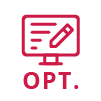 Optimization
Optimization AWR
AWR Ahrefs
Ahrefs Channable
Channable ContentKing
ContentKing Leadinfo
Leadinfo Optmyzr
Optmyzr Qooqie
Qooqie Hubspot
Hubspot Semrush
Semrush


